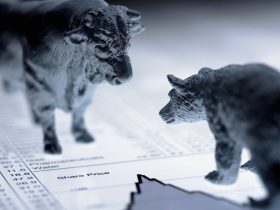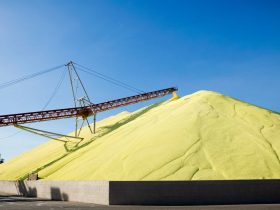The International Monetary Fund (IMF) issued a warning on Wednesday, in response to Treasury yields reaching near two-decade highs, regarding possible instabilities in the bond market. The IMF’s Tobias Adrian, head of the monetary and capital markets department, drew parallels with the recent collapse of Silicon Valley Bank, which was caused by significant losses from rising yields. Adrian reiterated his stance on the necessity for stricter lender scrutiny as a means to prevent similar crises in future.
Adrian also suggested that swift, large-scale market changes could incite instability and highlighted the potential emergence of wider credit spreads due to the current retreat in bonds. He emphasized the need for rigorous financial scrutiny to prevent crises, which are often triggered by poor management and lack of preparedness for higher interest rates.
On Tuesday, Adrian highlighted the threat to banking portfolios, citing incidents from this year including the collapse of Silicon Valley Bank after a major loss on its bond holdings due to a rise in yields. The IMF report underscored the potential impact of a global recession, which could affect approximately 42% of global banking assets and increase risk for 215 institutions. The global stress test in the report indicated that several systemically important institutions in China, Europe, and the United States would incur capital losses under an adverse stagflationary scenario.
In addition to IMF’s warnings, US regulators are proposing tighter capital rules for major lenders as a countermeasure to these risks. Federal Reserve Vice Chair for Supervision Michael Barr advocated for stricter capital rules for large lenders at the American Bankers Association meeting on Tuesday, despite opposition from bank executives.
The IMF has urged for stricter lender scrutiny due to sharp increases in bond yields and potential risks in the bond market. These warnings come as part of an ongoing effort by regulatory bodies to ensure stability within global financial markets amidst changing economic conditions.
This article was generated with the support of AI and reviewed by an editor. For more information see our T&C.
Read the full article here











Leave a Reply